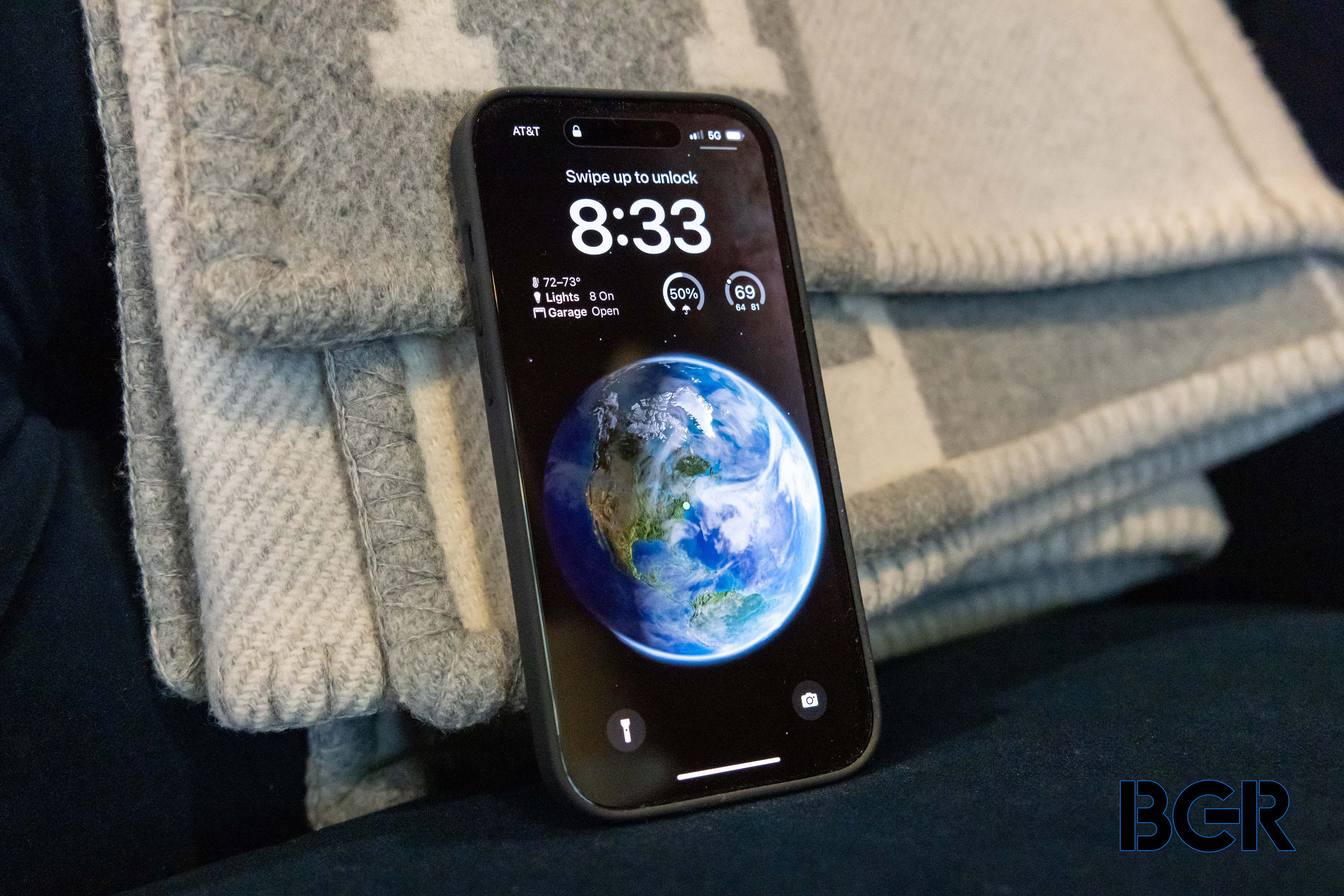Samsung has been trying to beat the iPhone for years. And it has failed for years. Apple still makes the most coveted flagship phones in town, and Samsung is still a fast follower in the business. Even now, in 2022, Samsung continues to copy Apple’s new iPhone features all the time. The iPhone 14 Pro’s success is another pain point, and it must hurt Samsung even more considering the Galaxy S22 series’ blunders.
Samsung might criticize and mock the newest iPhones publicly, but it probably loves the success of Apple’s new iPhone series. That’s because Samsung happens to be a massive supplier of a critical component that Apple uses to manufacture iPhones: OLED screens. And the iPhone 14 Pro and Pro Max got even more sophisticated OLED panels this year. The big winner? Samsung Display.
Even before Apple’s early September iPhone 14 launch event, reports claimed that Samsung would be the main supplier of Apple’s OLED panels. LG and BOE would also supply displays for certain iPhone models, although Samsung would get the largest share.
A new report from The Elec claims that Samsung will supply over 70% of the OLED panels Apple needs for the iPhone 14 series.
Apple is expected to need about 120 million OLED screens for the iPhone 14 series, and Samsung will reportedly account for more than 80 million units. LG Display will supposedly make 20+ million units, while BOE will ship 6 million screens to Apple. LG and BOE reportedly encountered setbacks that allowed Samsung to increase its share.

The report notes Apple needs two types of panels. The low-temperature polycrystalline silicon (LTPS) thin-film transistor (TFT) OLED equips the iPhone 14 and iPhone 14 Plus.
The iPhone 14 Pro and iPhone 14 Pro Max feature low-temperature polycrystalline oxide (LTPO) TFT OLED panels. These are the displays that support 120Hz dynamic refresh rates. The refresh drops as low as 1Hz, enabling the always-on display functionality exclusive to the Pro models.
Samsung supplies OLED panels for all four iPhone 14 models. But some 60 million Samsung OLED panels will serve the iPhone 14 Pro versions. These should be the most expensive OLED panels that Apple utilizes this year.
A report from Nikkei said recently that the iPhone 14 Pro Max’s cost of parts rose to $501 this year, a $60 increase over the iPhone 13 Pro Max. The A16 Bionic chip is an expensive component, according to the report. But 24.8% of that cost goes to South Korean suppliers.
Samsung and LG are two of them. It’s unclear how many other South Korean suppliers make parts for the iPhone 14 Pro Max. But the OLED display is one of the iPhone’s most expensive parts no matter what company makes it.
Per The Elec, LG makes OLED panels for the 6.1-inch iPhone 14 and the 6.7-inch iPhone 14 Pro Max. BOE only scored contracts for the 6.1-inch iPhone 14. This indicates neither company is ready to challenge Samsung in the short term.
At the end of the day, the iPhone 14 series will add billions of dollars to Samsung’s earnings. That’s a great perk to have from a smartphone that outsells Samsung’s own flagship Galaxy smartphones by an order of magnitude.
Of note, Samsung will probably continue to benefit greatly from iPhone sales in the future unless LG and BOE can significantly up their game. All iPhone 15 models launching next year will feature OLED panels.







More Stories
Boost Your Business with Expert SEO Services from Chain Reaction in Jordan
I Used to Struggle With Where to Send My Kids to School. Now I Struggle With Sending Them at All.
The 7 things you need to have your own website